One of the most common concerns for many homeowners is the rising water bill cost. Each month hits you with a hefty bill, and it can often seem like there’s no way to get around it. Note that you should also be concerned with the high impact on the environment and water resources. Fortunately, they’re simple strategies to lower your water bill each month. Here are great tips that will help you to reduce your water bill this year.
Carry Out Regular Inspections
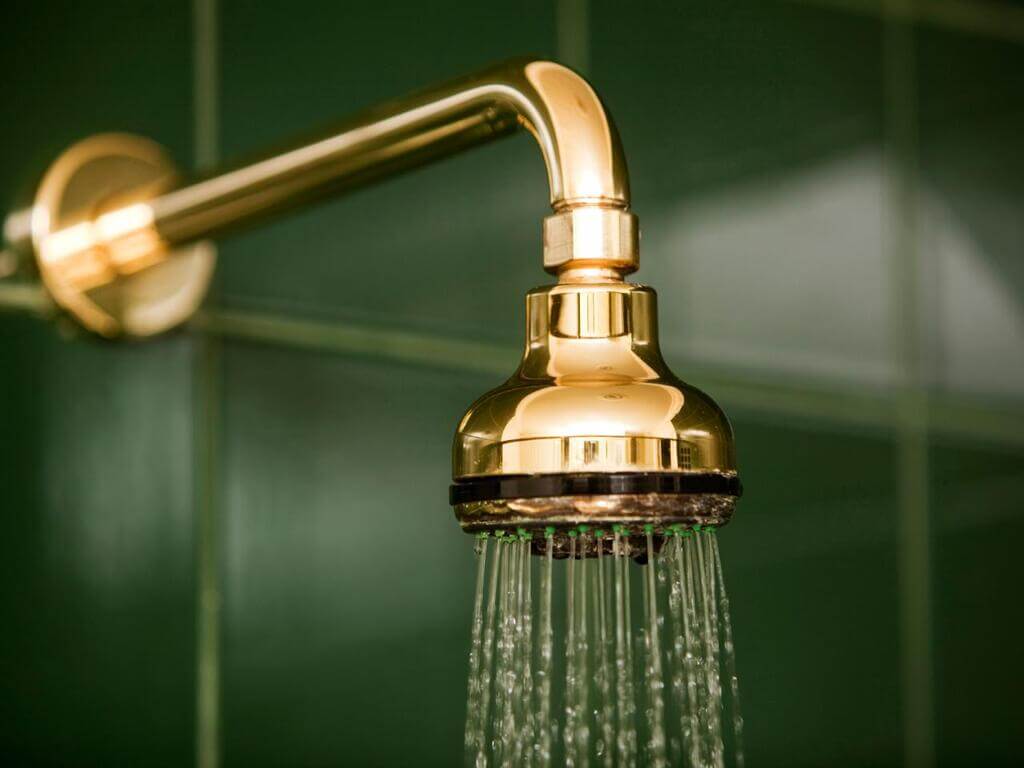
Plumbing inspections by experts such as Milestone Home Service Co. will detect potential problems in your plumbing system before they become more extensive and expensive. During a review, the technician will look for water leaks that could be causing your water bill to be higher than usual.
The plumber will also determine whether it’s time to replace some or the entire system to keep it in optimal condition. A complete plumbing system replacement could save you hundreds or even thousands of dollars on water bills.
Take Care of Issues Fast
Leaky faucets and showers are some of the most common issues that lead to higher water bills. The longer you wait to repair them, the more water and money you waste. Note that a small leak or drip can waste up to 3000 gallons of water annually. Have you discovered a toilet that will not stop running? Are some of the faucets dripping? If so, don’t wait for a more significant problem to call the plumber.
Mold on the walls, wet patches in the yard, and puddles on the floor are signs of potential leaks and other plumbing issues. Leaks can also cause more significant damage and interfere with the structural integrity of your home.
Install Low-Flow Fixtures
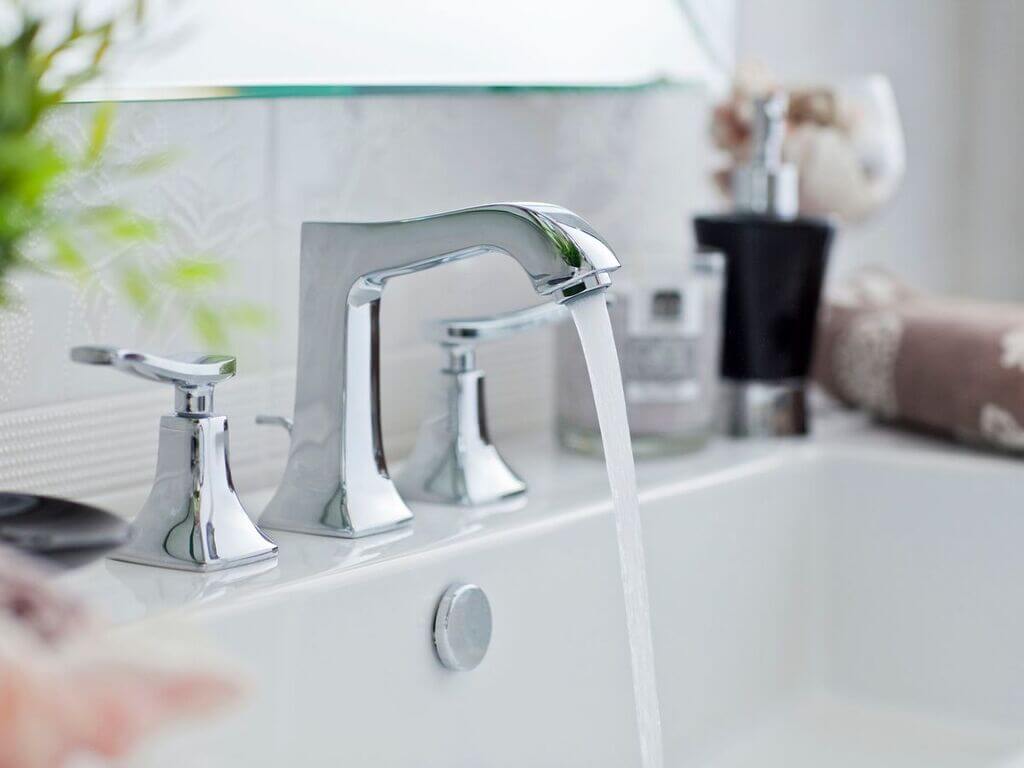
Low-flow fixtures save water and money. You can install low-flow showerheads, toilets, and faucets. These fixtures reduce the water you use for showers, bathrooms, and other uses. The savings on your water bill will quickly offset the cost of installation.
Consider partially replacing your fixtures if you can’t afford a total replacement. Alternatively, replace the older, faulty ones. Switching to high-efficiency toilets will reduce water usage by more than 30%. Other suggestions are:
- Take shorter showers
- Don’t leave the water running when brushing your teeth
- Use a bucket when washing your car instead of a hose
- Don’t wash dishes with running water
- Store cold water in the fridge instead of running the taps until the water is cold
Invest in a Smart Meter
Smart meters allow you to track monthly water consumed and identify potential issues. With a smart meter, you can quickly identify the areas where you use more water and make changes to save money.
Install a Rain Barrel
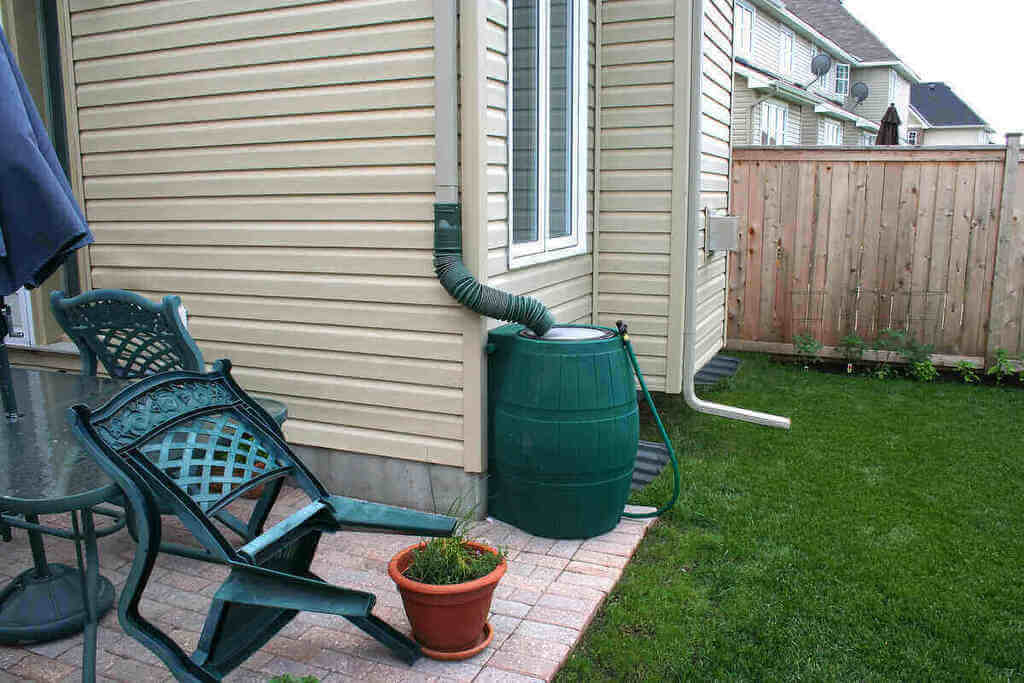
Rain barrels collect rainwater for various uses. Use the water in the garden to water your plants and flowers without relying on tap water. Rainwater is also great for washing your car, flashing toilets, filling the pool, and taking a shower. Collecting rainwater might seem like a lot of work, but it pays off in the long run.
Invest in a Water Softener System
A water softening system is an excellent way to reduce water usage as you’ll use less water when cleaning. It also prevents hard minerals from building up on your plumbing fixtures. Softened water feels better when taking a shower or doing laundry.
Install Water-Saving Devices
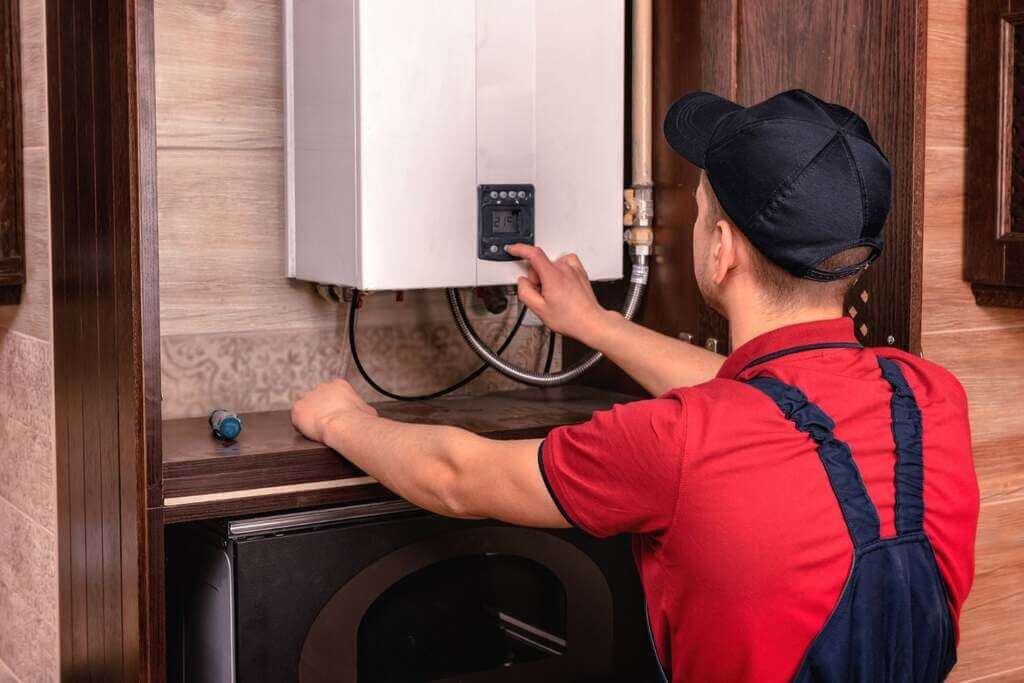
Water-saving devices are great investments for your home that could save you hundreds of dollars on your water bill. Consider a tankless water heater and timer controlled valves for outside faucets. Motion sensor faucets prevent water wastage by stopping the flow when not in use.
Don’t Water the Garden Too Much
Watering your garden keeps your plants healthy. However, you might end up wasting a lot of water. Note that different plants require different amounts of water. Check the requirements and adjust your watering routine accordingly.
Mulching the garden and using a hose to water plants directly will minimize water wastage. Mulching prevents moisture from evaporating quickly, making it easier to water precisely. It also insulates the soil and keeps the weeds away.
Wash Clothes and Dishes on a Full Load
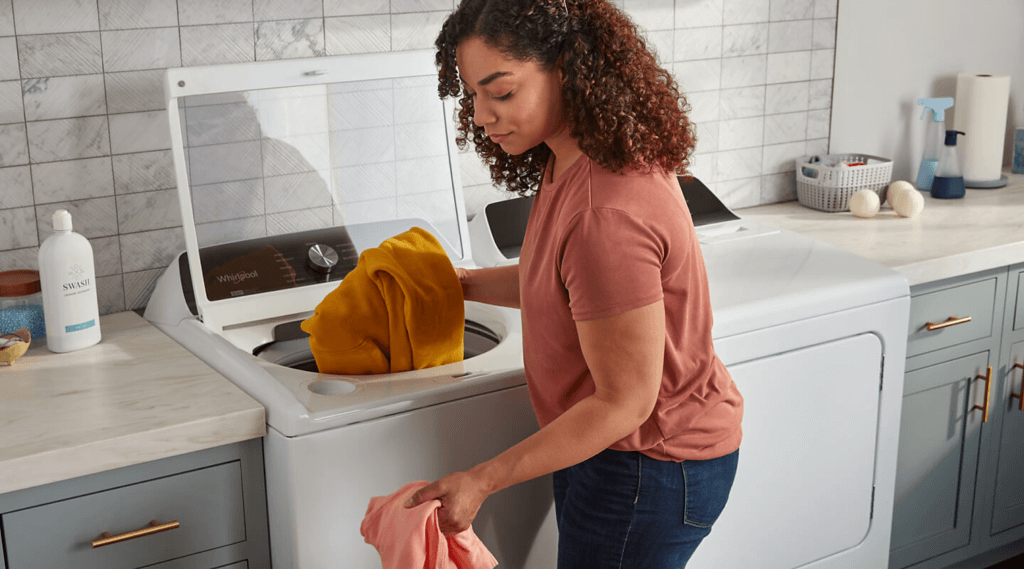
Doing half loads of dishes and laundry consumes a lot of water and energy. To reduce water consumption, wait until you have a full load before running the washing machine or dishwasher. Because hot water uses more energy and increases your water bill, switch to cold water.
Recycle and Reuse Water
Collect wastewater from showers, sinks, dishwashers, and other activities and reuse it for something else. You can also install a greywater tank to collect wastewater from your sink, laundry machine, and shower. Use the greywater to water plants or flush toilets.
The Effort Pays Off Eventually
These are just a few ways to save water and money in your home. Note that every effort protects the environment, making this planet a better place to live. Let the whole family understand the importance of water conservation and practice it daily. You’ll start saving money in no time.
Discover More

